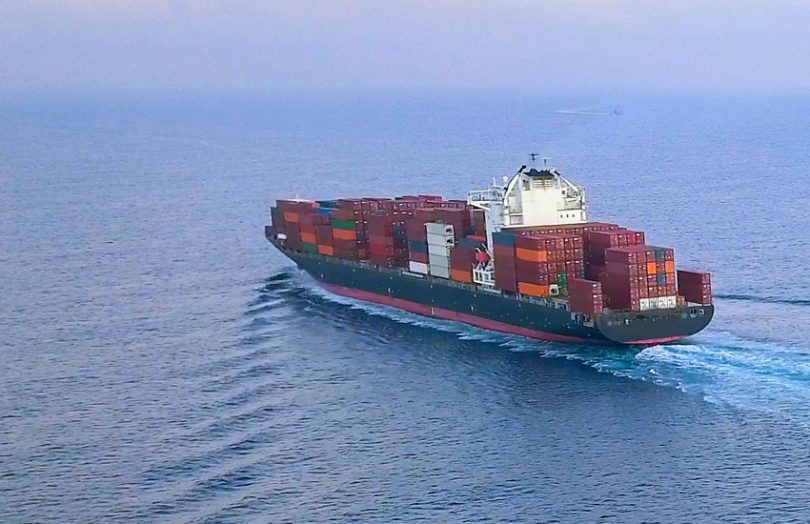Blockchain sustainability startup Circularise has partnered with transport and marine biofuel firm FincoEnergies on a project involving its GoodFuels brand. GoodFuels will use Circularise software for biofuels supply chain traceability.
Circularise has a long list of blue chip clients including Asahi Kasei, Covestro, Domo Chemicals, Marubeni, Mitsubishi Chemicals, Neste, Philips Domestic Appliances and Porsche.
The European Union’s RED II regulations for biofuels require quite a bit of record keeping. For example, GoodFuels has to keep records of the sourcing, chain of custody and greenhouse gas emissions (GHG). Most of this is manual, so Circularise helps to make it digital and also integrates with third party verification schemes. ISCC EU is a certification firm Circularise has previously worked with. The startup uses the Ethereum blockchain and zero knowledge proofs for traceability.
Additionally, tracing fuel is not like a physical item. It’s a liquid and will mix inputs (feedstock) from different sources. Hence that involves a bit of bookkeeping, and Circularise has a mass balancing solution for that.
“Transparency and trust are critical to the supply chains of all marine fuels, but especially biofuels, where we must be able to demonstrate our sustainability claims easily and with confidence,” said Paul Bakker, Digital Development Manager for GoodFuels at FincoEnergies. “We are pleased to be able to support Circularise to improve the digital reporting process.”
When it comes to tracking greener marine fuels, blockchain has been explored on several occasions. GoodFuels was involved in one back in 2019.
Circularise also mentioned its solution will help to combat the risk of double counting biofuel (carbon) credits.
Biofuel sustainability controversies
Some argue that biofuels inherently involve double counting. When burnt, biofuels generate carbon dioxide, but the amount depends on the makeup of the biofuel. Burning one megajoule of fossil fuels emits around 79g grams of CO2. For biofuels it can range from 10 grams to more than 50 grams, depending on the source.
If the biofuel is based on wood or other waste that’s one thing. But often crops are planted specifically for biofuels. That requires land which likely already absorbs carbon. Palm oil is one of the controversial biofuel sources because palm trees are less environmentally helpful than other crops displaced by the palm trees. Some even argue palm oil can add to GHG emissions.
Europe’s RED II compliance takes into account some of these issues. It has limits on the indirect land use change (ILUC) risks. And it requires high GHG savings to qualify. For transport, GHG savings must be 65% and for electricity and heating, 80%.






